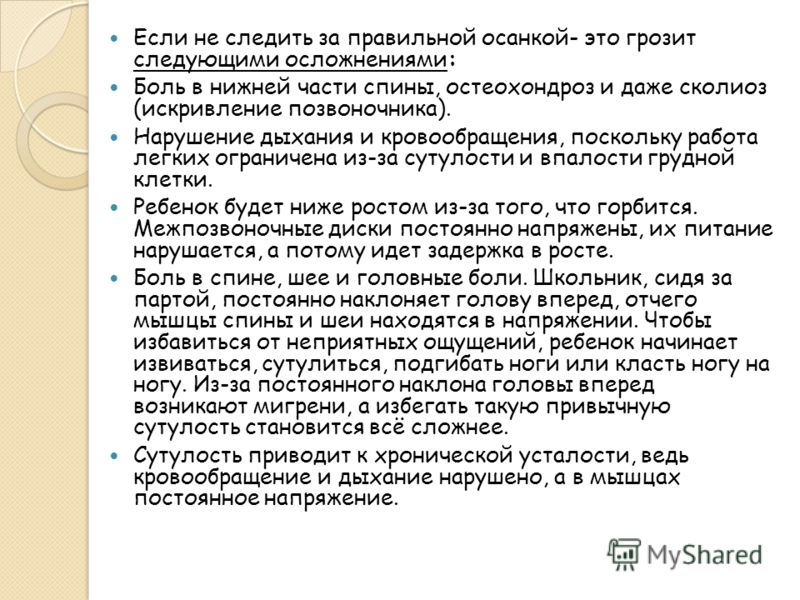Bulgarian pepper for children: benefits and harms
A favorite vegetable, tasty and healthy, mothers try to include it in baby food, asking only questions about the age of the child and how to cook pepper for babies. Parents are also worried about whether bell pepper will harm the health of their beloved child.
Sweet pepper was brought to Europe by Columbus from South America, the birthplace of this vegetable crop. Pepper came to Russia at the end of the 18th century from Bulgaria, which gave the name to this healthy vegetable. Quite quickly, he won universal recognition and became one of the most consumed products.
Compound
Bulgarian pepper is not only a very beautiful vegetable, but also extremely beneficial for the health of children.
The beneficial effect of bell pepper on the body is ensured by the presence of many useful substances in the vegetable.
Pepper contains:
- Vitamins: and its precursor beta-carotene, PP,. The content of carotene in bell pepper exceeds that in. By the presence of vitamin C, this vegetable can compete with lemon, which have always been considered the richest sources of ascorbic acid. The largest amount of vitamins is located near the stalk. Even a small piece of pepper (only 40 g) provides the child with the daily norm of “ascorbic acid”.
- Trace elements: potassium, phosphorus, sodium, silicon,.
- Natural carbohydrates (sucrose, fructose, glucose).
- Esters (essential oils): chlorogenic, P-coumaric acids.
- Biologically active substances: alkaloid capsaicin, lycopene, etc.
The benefits of bell pepper
The unique combination of useful substances in the composition of bell pepper has a beneficial effect on all internal organs and systems. Few vegetables can compete with it for such a positive effect on the body.
- Vitamin A helps to improve vision, reduce eye strain (this is important for children who sit at the computer for a long time).
- Accelerating the regenerative processes, vitamin A and the trace element zinc improve the condition of nails, hair and skin. The use of pepper is shown for dermatitis in children, hair loss.
- The complex of vitamins C and PP strengthens the vascular wall, making it more elastic. Therefore, bell pepper in the diet is necessary for children with frequent nosebleeds.
- The beneficial effect of vitamins from the B group on the nervous system can help with sleep disorders (insomnia), with a child's tendency to depression, and stress (and even children have plenty of them). These vitamins also have a general strengthening effect, help improve memory and concentration in schoolchildren who are loaded with school programs and extracurricular activities.
- The complex of vitamin C, B vitamins and iron in the composition of pepper contributes to an increase in hemoglobin, therefore, it is advisable to use this vegetable in children.
- Phosphorus and calcium are necessary for the development and strengthening of the skeletal system and tooth enamel, which is important for a growing organism.
- Natural sugars will serve as a source of energy for children, give them strength. Thanks to the fiber contained in pepper, the digestive system will improve with colic,.
- Neutralization and removal of free radicals with the help of this product will have a beneficial effect on the body. After heat treatment, pepper does not lose these properties. It is desirable to use a vegetable for children living in an ecologically unfavorable region. Scientists from Italy have obtained evidence that the compounds present in bell pepper prevent the entry of carcinogenic substances that cause cancer into tissue cells.
- Rarely found in other vegetables, but present in bell peppers, the substance lycopene prevents the progression of a cancerous tumor and the development of metastases. Its influence is also supplemented by chlorogenic and P-coumaric acids present in pepper.
The low calorie content of the product (only 27 kcal per 100 g of bell pepper) makes it dietary. Vegetables are included in the diet of children suffering. Although it is necessary to take into account the ability of pepper to increase appetite.
The anti-inflammatory and antibacterial effect of pepper, increasing immunity in a child will have a positive effect in the treatment of many diseases. Strengthening the protective forces of the child's body:
- will help in the prevention of colds,;
- will speed up the recovery of the baby in case of his illness.
The antioxidants present in the vegetable cause blood thinning, lowering blood pressure, which is important to consider for parents of children with.
Antioxidants also prevent the development of the inflammatory process in nerve cells and fibers, that is, they prevent the development of neuralgia.
Harm of bell pepper
 In some cases, bell pepper causes food allergies.
In some cases, bell pepper causes food allergies. This healthy vegetable can have a harmful effect on the child's body in some cases:
- Essential oils contained in pepper can provoke the development of skin rashes accompanied by itching. Fruits with bright colors (red, yellow, orange) are more likely to cause allergies.
- Unremoved seeds can not only give a bitter taste to the vegetable, but also irritate the gastric mucosa due to the alkaloid capsaicin.
- With caution, pepper should be given with reduced blood pressure (often found in adolescents).
The use of fresh bell pepper is contraindicated for children with such a pathology:
- haemorrhoids;
- epilepsy;
- increased nervous excitability;
- hypotension;
- diseases of the liver and kidneys.
What fruits to choose?
Green fruits have less sweetness than yellow and red ones. In addition, thermally processed green peppers acquire some bitterness.
However, they contain a greater amount of substances that reduce the risk of development and growth of cancer cells. They also have more antioxidants than fruits with other colors, they will prevent the development of neuritis.
Pepper storage
The maximum shelf life of fresh pepper in the refrigerator is a week.
For longer storage, the vegetable can be frozen.
- It is better to do this by dividing the fruits into portions so as not to re-defrost and freeze them, as in this case the beneficial properties will be lost.
- For defrosting, it is not recommended to place vegetables in water.
The fruits of sweet pepper can also be pickled - they will retain about 60% of trace elements and vitamins. But pickled vegetables can be consumed by children only at preschool and school age in the absence of pathology from the gastrointestinal tract.
When should you start giving pepper to your child?
Pediatricians and nutritionists advise introducing Bulgarian pepper into the diet not earlier than when the child reaches the age of 10-11 months, but only in baked or boiled form.
The first portion of the new product should be scanty - no more than 0.5 tsp. In the next 2 days, it is necessary to monitor the child's reaction to the resulting vegetable.
In the absence of allergic manifestations in the form of:
- rashes;
- peeling of the skin;
- puffiness of the face;
- skin itching;
the portion of the vegetable supplement in the dishes gradually increases to 30 g. With the development of an allergic reaction, pepper is immediately excluded from the baby's diet.
Of course, the most useful are the fresh fruits of bell pepper. But in their raw form, they can only be given to babies over 1.5 years old. Pickled peppers are allowed to be introduced into the diet of children after 3-4 years.
How to give pepper to children
In boiled or baked form, peppers for babies can be added to vegetable puree, soup.
- Peppers can be steamed like other vegetables.
- Baking a vegetable is very simple: in the oven, on a baking sheet, lightly greased, until tender. Readiness is determined by the darkened skin that separates from the pulp.
After cooling the baked fruits, you need to remove the skin from them. For young children, baked peppers must be chopped with a blender and added to the first or second course. Older children can already eat such a vegetable not chopped, but simply cut into pieces.
- Bell pepper seasoning is suitable for pasta, vegetable or mashed potatoes, meat dishes.
- Pepper will improve the taste and first courses, complement the taste of pickle or borscht for older children.
Moms with a bit of imagination decorate dishes for the baby with bright slices of bell pepper.
Summary for parents
 Bulgarian pepper can decorate any dish in an original way.
Bulgarian pepper can decorate any dish in an original way. Bulgarian pepper is one of the most useful vegetables. For babies (from 10 months old), boiled or baked peppers, crushed to a puree consistency, are added to dishes. From 18 months children can eat this vegetable raw, in salads - this way the child will receive all the nutrients of the Bulgarian tasty, sweet pepper.
About the beneficial properties of bell pepper in the program "Live healthy!" with Elena Malysheva:
- The latest methods of teaching traffic rules
- How to draw pictures by numbers
- Do-it-yourself home digital microscope
- How to choose the right paint for drawing
- When is the best time to sunbathe?
- What kind of bird is better to have in an apartment?
- We put an apostille on the birth certificate on our own
- Is it possible to give flowers in pots - signs
- How to make cat ears
- Gray bag: what to wear and combine?
- How to get started with Faberlic: tips for new consultants
- Bioinsecticide Lepidocid: purpose, properties and application procedure Lepidocide waiting period
- How to change the language to Russian in steam
- Dendrobium noble: room care
- Morphology of plants general concepts - document
- Planting, propagation and care of bamboo at home, photo Growing bamboo from seeds
- How to strengthen the cellular signal for the Internet in the country
- Sanskrit reveals the forgotten meaning of Russian words (2 photos)
- The oldest language Sanskrit programming language of the future Dead language Sanskrit
- Who has dominion over all the earth?







